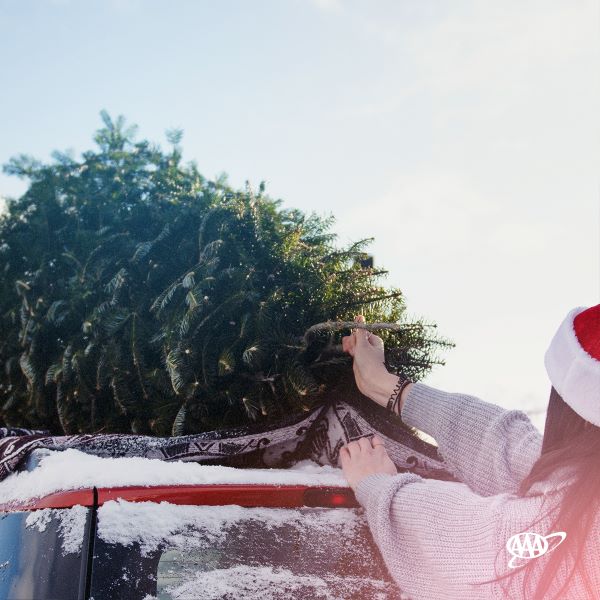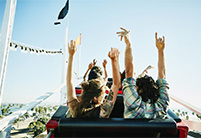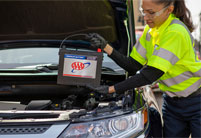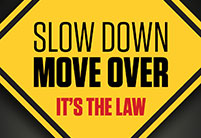How to Get Your Christmas Tree Home without it Fa-La-La-lying Off Your Car
How to Get Your Christmas Tree Home without it Fa-La-La-lying Off Your Car

Millions of Americans will flock to tree lots across the country in search of the perfect Christmas tree in coming weeks. While finding just the right one may seem like the hard part – getting it home safely is where the real challenge begins. Just like moving furniture, appliances, or other large objects, transporting a tree is no different. If not properly secured, a tree can cause vehicle damage such as scratched paint, torn door seals or distorted window frames. Even worse, it could fly off or out of the vehicle and become a danger to other drivers.
AAA research shows that 44% of Americans planning to purchase a real Christmas tree would transport the tree using unsafe methods. This includes 20% who would tie the tree to the roof of their vehicle without using a roof rack and 24% who planned to place the tree in the bed of their pickup truck unsecured.
Among those who planned to purchase a live Christmas tree, 16% have previously experienced a Christmas tree falling off or out of their vehicle during transport.
If a tree is improperly secured to a car, it can cost drivers as much as $1,500 in repairs. Twine, ropes or straps can wear away paint and tear rubber seals when routed through door or window openings. Closing a door over tree tie-downs may also permanently distort the window frame and tree branches can cause scratches to the paint.
Luckily with a little preparation, the right tools, and the right vehicle – transporting a Christmas tree is easy with these tips from AAA:
- Plan Ahead – before heading out to buy a real Christmas tree, make sure to bring strong rope or ratchet straps, an old blanket, gloves and of course – the right vehicle. One with a roof rack is ideal, but a pickup truck, SUV, van or minivan can work just as well.
- Wrap & Cover It – once you’ve found the perfect tree, have the lot wrap it in netting before loading it. Loose branches can also be secured with rope or twine to help protect the tree from damage. Also, prior to loading the tree, cover the roof with an old blanket to prevent scratches to the paint and protect the car from any damage.
- Trunk First – place the tree on the roof rack or in the bed of the truck with the trunk facing the front of the car. If the vehicle does not have a roof rack and is large enough – place the tree inside.
- Secure It – tie down the tree at its bottom, center and top using strong rope or nylon ratchet straps. Avoid using the nylon offered by many tree lots. Use fixed vehicle tie-down points and loop the rope or strap around the tree trunk above a branch to prevent any side-to-side or front-to-rear movement.
- Tug Test – once tied down, give the tree several strong tugs from various angles to make sure it is secured in place and will not come loose.
- Nice & Easy – drive slowly and take back roads if possible. Higher speeds can create significant airflow that can damage your tree or challenge even the best tie-down methods.
For more information about car insurance, stop by your local branch or visit AAA.com/Insurance.












